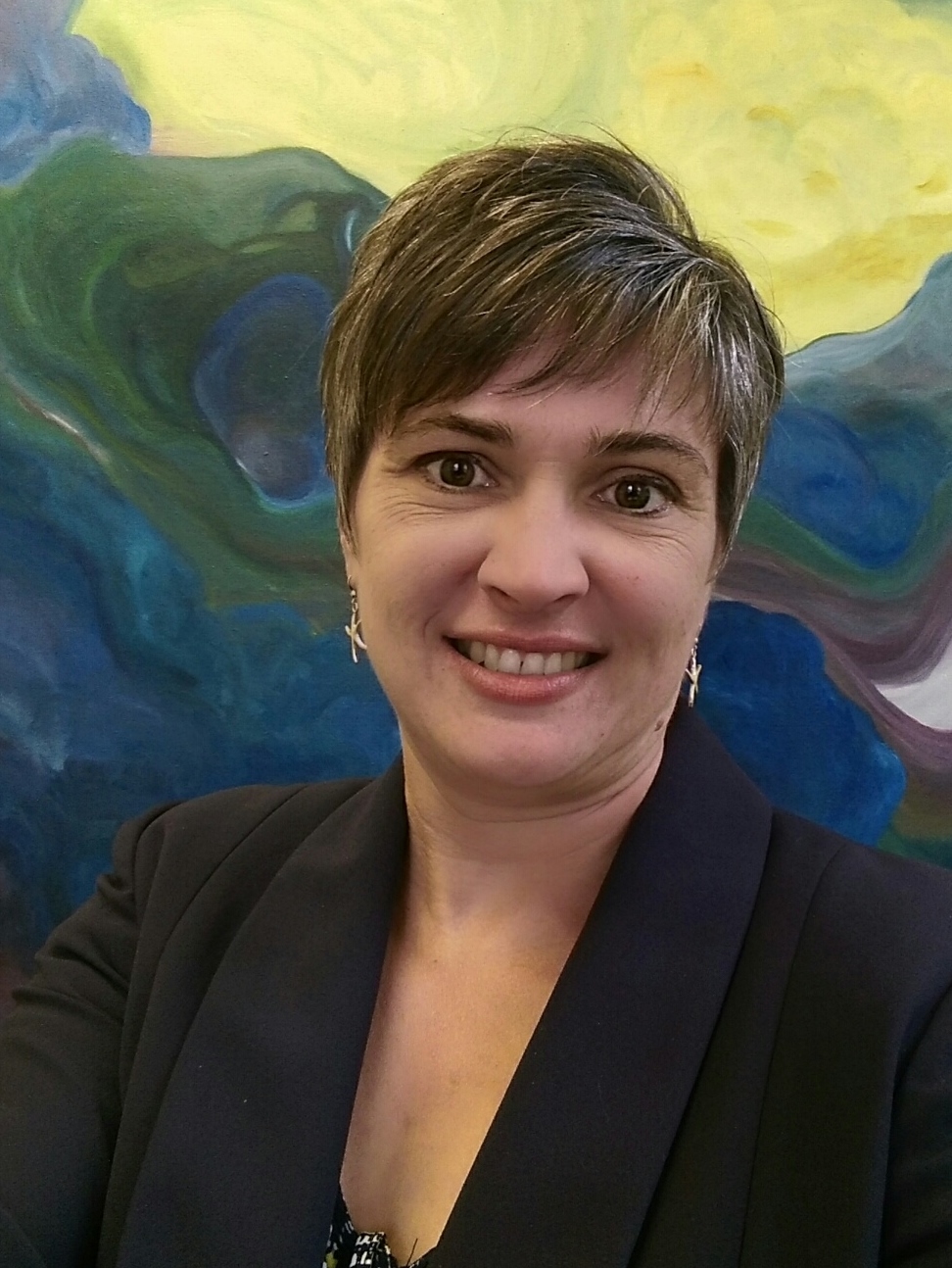- Home
- About Us
- The Team / Contact Us
- Books and Resources
- Privacy Policy
- Nonprofit Employer of Choice Award

 Let me be clear right from the beginning: I AM NOT AN EXPERT. I am a white privileged woman, entering into this conversation with a great deal of trepidation and a certain amount of anxiety. My goal is that we will learn and ask some questions together, in hopes that this series of articles will help all of us to look at our world and work in a different way. I will inevitably ruffle some feathers and say something stupid – but I hope that we can enter this conversation bravely and be willing to learn (and unlearn) together.
Let me be clear right from the beginning: I AM NOT AN EXPERT. I am a white privileged woman, entering into this conversation with a great deal of trepidation and a certain amount of anxiety. My goal is that we will learn and ask some questions together, in hopes that this series of articles will help all of us to look at our world and work in a different way. I will inevitably ruffle some feathers and say something stupid – but I hope that we can enter this conversation bravely and be willing to learn (and unlearn) together.
Phew… even that was stressful to write!
OK – with that said, let’s take a look at the idea of de-colonization and what it means for us personally and for the social serving sector.
What is decolonization? To understand that term, let’s first understand what colonization means:
Colonization: the action or process of settling among and establishing control over the indigenous people of an area; the action of appropriating a place or domain for one's own use.
In Canada, colonization was accomplished through various means: removing Indigenous people from their land, “removing the Indian from the child” through residential schools, banning cultural practices and ceremonies, outlawing Indigenous languages, the intentional spread of disease, writing laws that treated Indigenous people as animals and the list goes on. It is not unreasonable to say that in Canada, genocide was perpetrated through the colonization process.
Unfortunately, we cannot shake our heads and say that it all happened “back then.”
Colonization, and the effects of colonization, are still in effect.
Consider:
Patriarchal actions of Canada towards First Nations are still happening today.
So, what is decolonization?
The dictionary definition is: the action or process of a state withdrawing from a former colony, leaving it independent. Huh. Somehow that seems inadequate. There’s got to be more to this than just withdrawal. What about all the damage that has been done? The generational trauma? The effects of economic and cultural racism? What about restitution?
For most of us in the social serving sector – and really anyone who has a conscience – we will want to address this problem. But is it our problem to fix? There is a big difference between “fixing” a problem and being held accountable and stepping up to be part of the solution.
Reconciliation is the process by which relationships are restored. This is the work of the National Centre for Truth and Reconciliation (nctr.ca). It is also the work of each one of us – to learn and unlearn, to recognize the colonial lens through which we see and to find ways, both professionally and personally to decolonize. This is a process – one that requires guidance and leadership from Indigenous people. We must learn from them before we can consider what needs to be done. A good way to start is to read and educate ourselves about Indigenous people. Here are a couple resources:
There is so much more to say – so much more to discuss. Over the next week, I encourage you to ask yourself how your beliefs and mindset about Indigenous people affect the way you work, live and interact with your community. In what areas are you affected by a colonial lens? Feel free to share your thoughts in the comments – let’s be brave together!
Part 2 of this article series will examine tangible ways to decolonize, and how history impacts our practices today.
Joanne Linka is the Manager of Communication and Fund Development at The Cridge Centre for the Family in Victoria BC. She loves to dig into systemic issues and look for solutions that benefit the wider community. She can rant on any number of issues at the drop of a hat. When not working, Joanne is reading, in the garden or pestering her children. jlinka@cridge.org